
More than 20 representatives of Guanacaste’s cantons met on Tuesday May 17 at Hotel La Pacífica in Cañas to develop open-government policies in the province.
The event was organized by The Trust for the Americas, an entity affiliated with the Organization of American States (OAS), and The Voice of Guanacaste. It was led by Veronica Alvarez of the OAS Department of Effective Public Administration.
Open Government is a new paradigm of public administration that is based on three principles: transparency, citizen participation and collaboration.
“Many citizens do not have confidence in public institutions and if the citizen doesn’t trust, they will not be an ally, but instead, they will be a rival. Transparency helps to build that bridge between the government and civil society,” Alvarez.
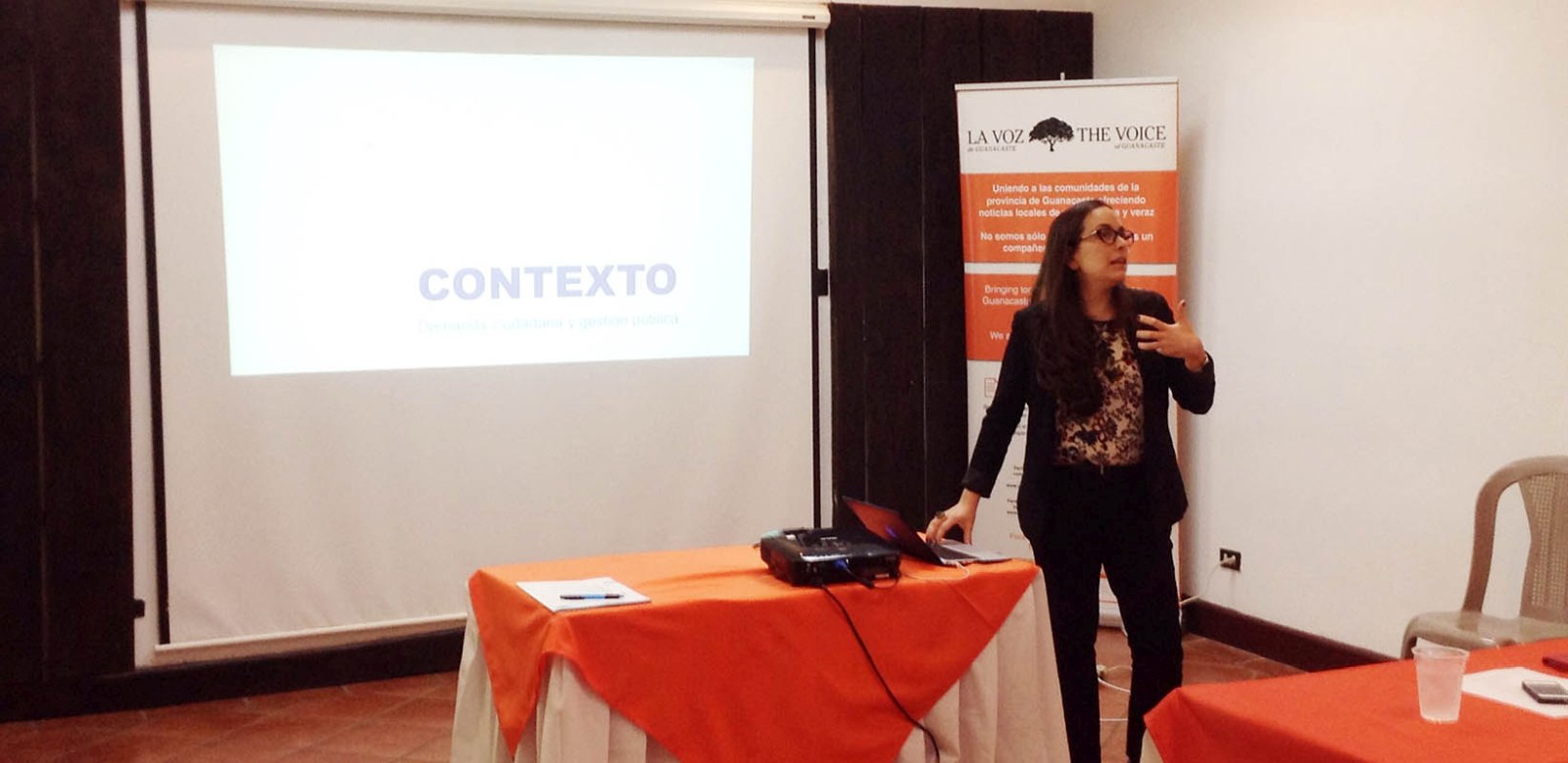
“Many citizens do not have confidence in public institutions and if the citizen doesn’t trust, they will not be an ally, but instead, they will be a rival. Transparency helps to build that bridge between the government and civil society,” Alvarez.
According to Alvarez, 53% of Latin Americans believe that it is improbable that the government will provide answers for principal societal problems.
“Transparency isn’t only for criticizing governments. Many times it is best that those same citizens see what the Municipalities are doing, and in that way trust is created. Open government is a cultural change; it is replacing the way in which institutions relate with the citizenry,” added the expert.
Ideas for the Province
With the goal of developing open government in Guanacaste, many provincial leaders proposed ideas that they would like to implement in their own canton.
That is the case of Ademar Fonseco, councilor for the Municipality of Nicoya, who proposed that municipalities should live broadcast municipal council sessions on different web streaming platforms such as Facebook Live, so that anyone interested can be take part in the session.
For her part, Marta Castro, council president in Nandayure, stated that in her canton they aim to hold sessions in various communities in the canton, to have better communication with residents.
“We feel that there are people who live very far and cannot go to the Municipality. We want to take the Council to them. We want to go to all the communities, so people can be motivated to participate in sessions, can hear what we say, participate and be the ones to propose solutions,” said the president.
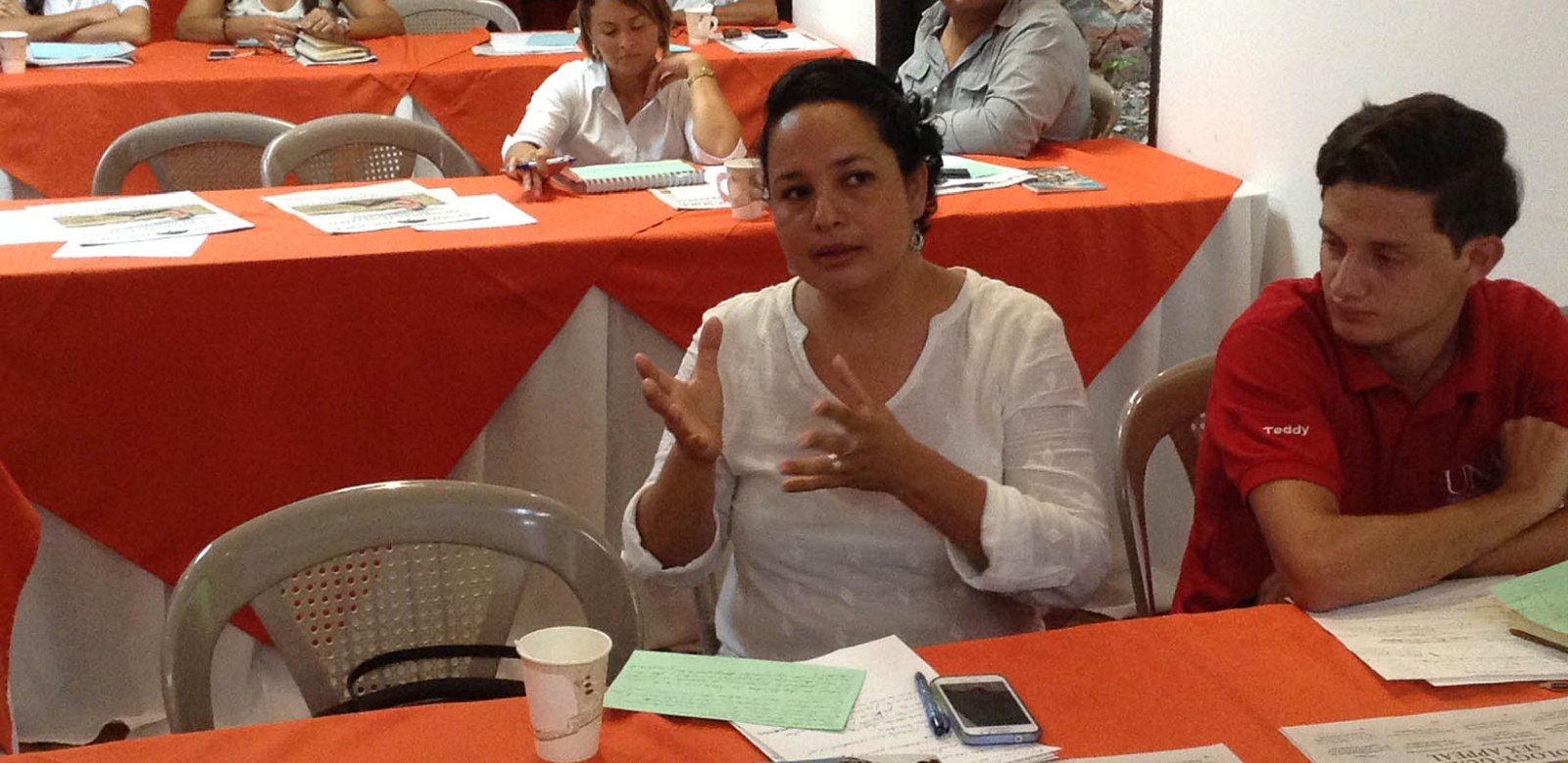
In addition, in the canton of Hojancha, Vice Mayor Veronica Campos added that they would like to implement round tables in the community, with different age and social groups, to begin to identify problems and prioritize them.
Representatives from the national government also participated in the meeting, including Vera Beatriz Vargas, the cultural administrator for Guanacaste, who presented the book “Memory of the Regional Office of Cultural Administration in Guanacaste” as an example. The book brings together all of the work done in the 2004-2015 period.
OAS experts recorded all of the proposals to follow up and find ways in which to help implement them.
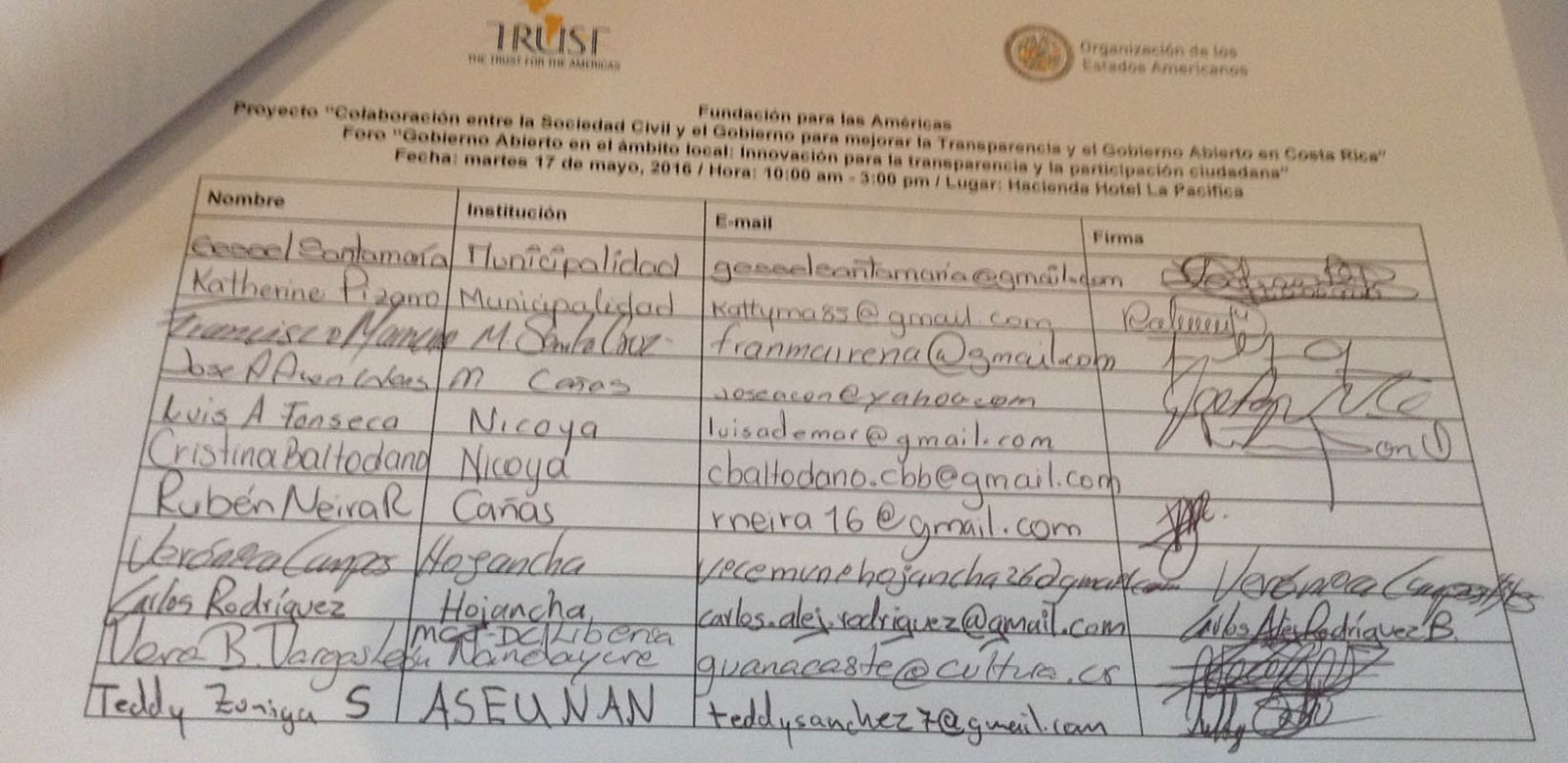
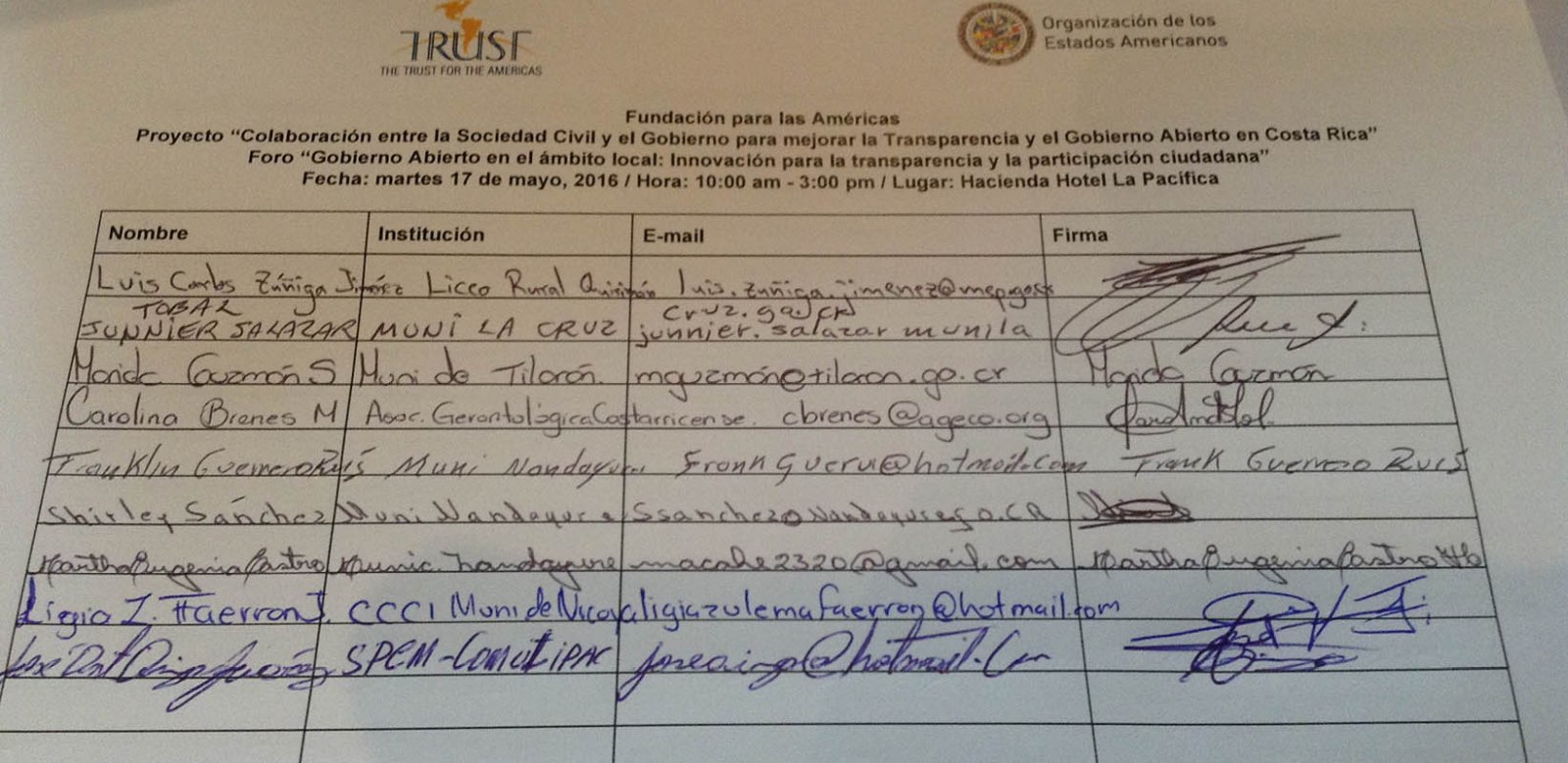


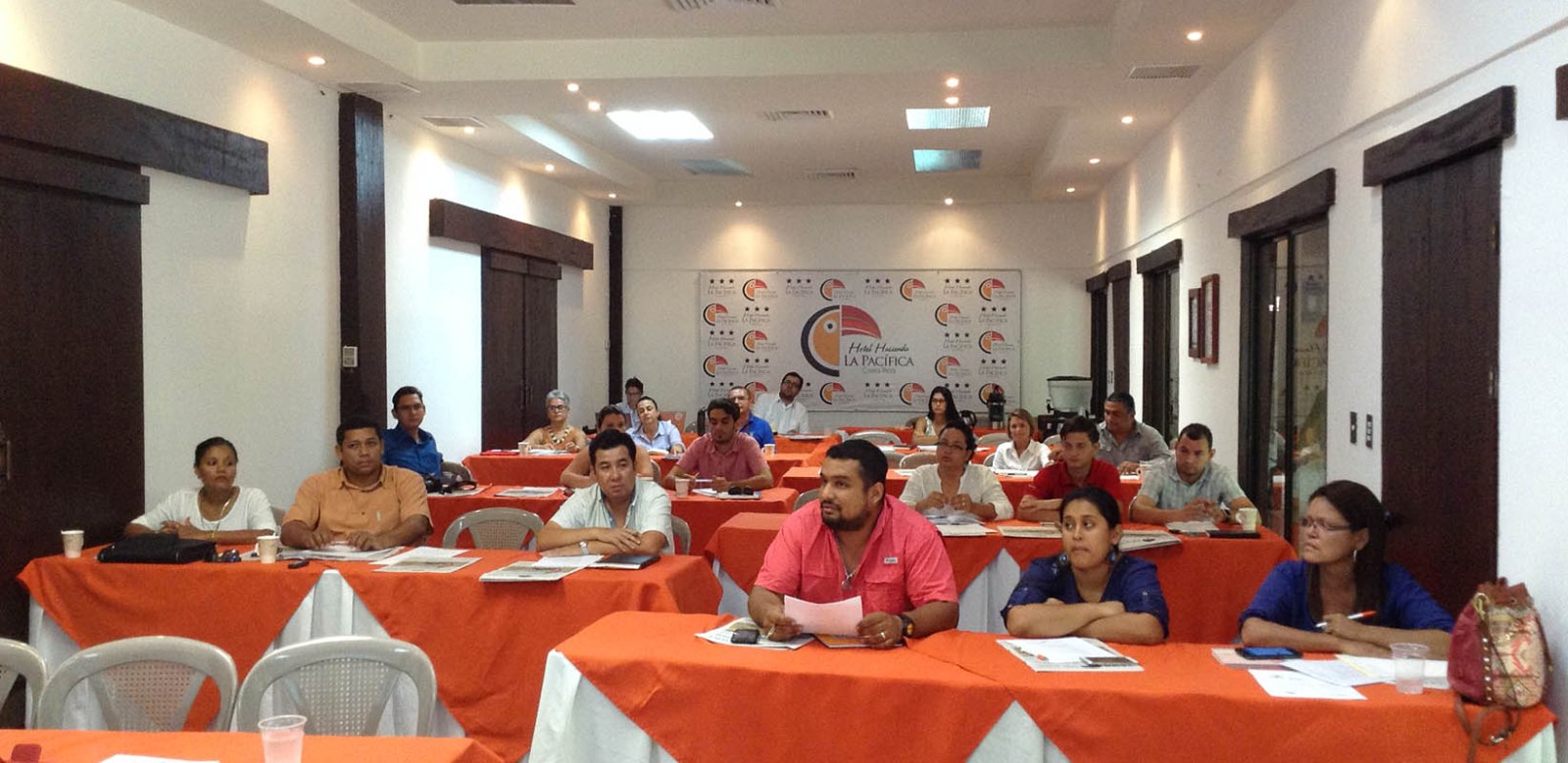
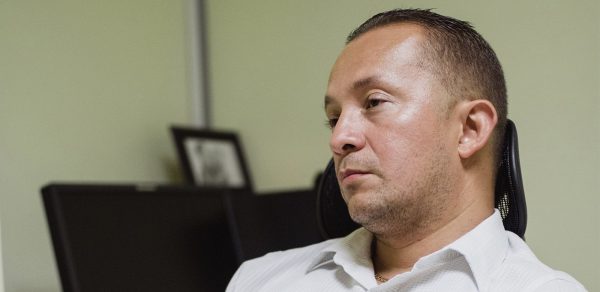



Comments